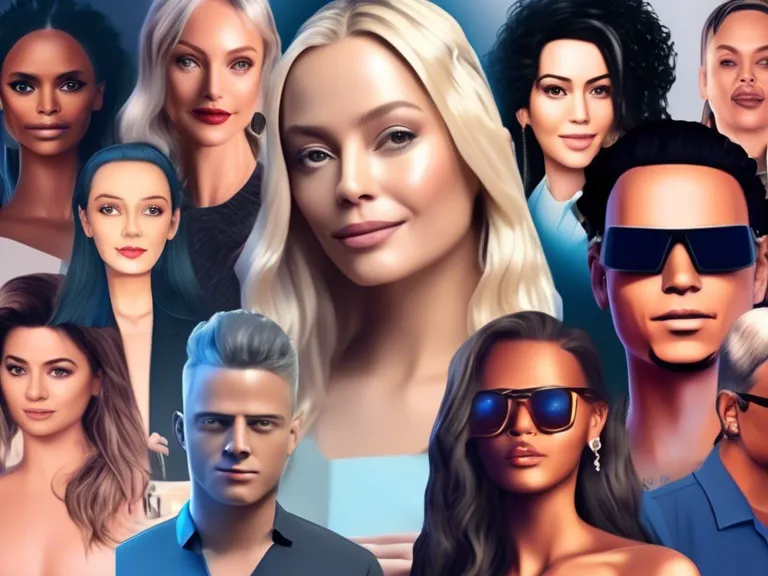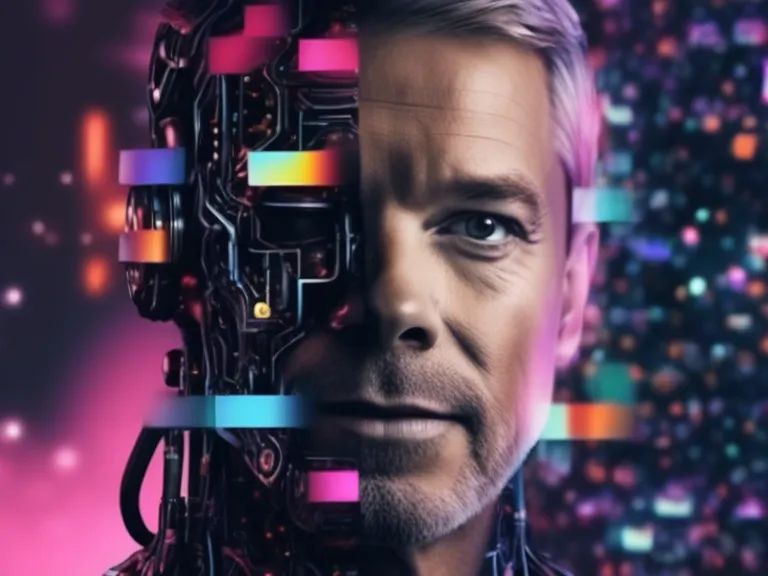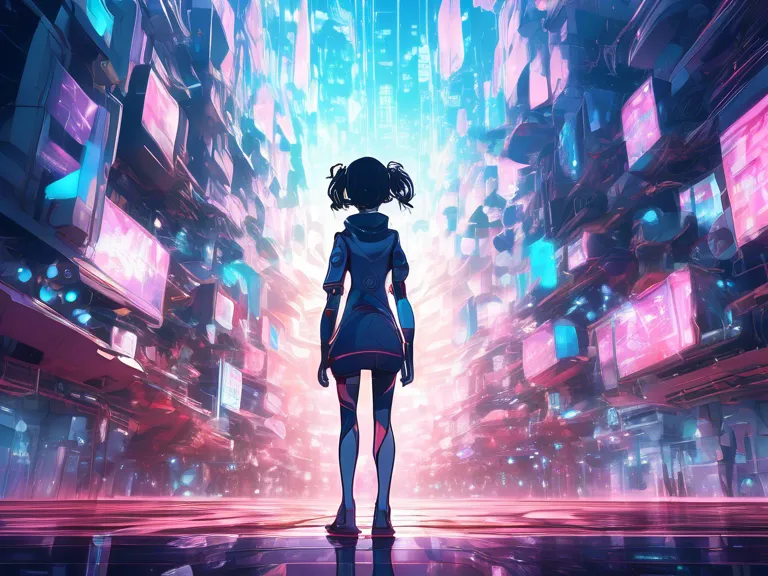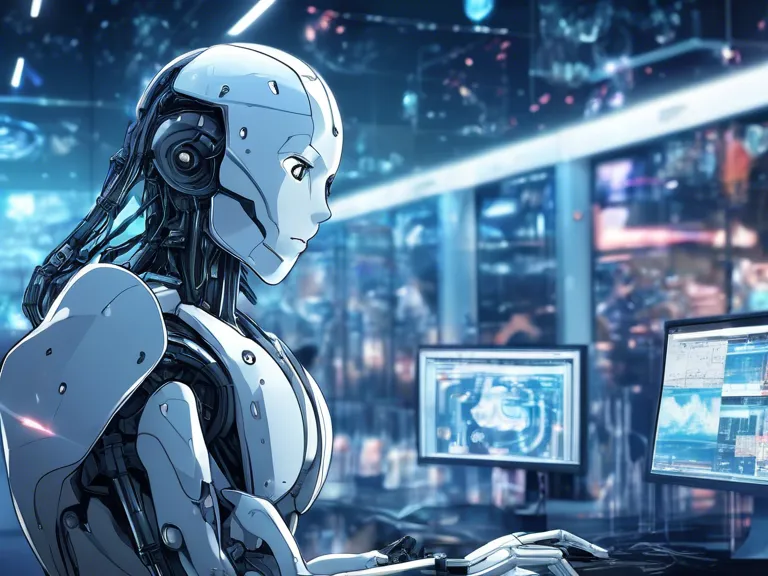
Virtual Fame: Celebrities in the Age of AI and Digital Avatars
With the rise of artificial intelligence (AI) and advanced digital technology, celebrities are now able to expand their reach and influence beyond traditional channels. The concept of virtual fame has become increasingly prevalent, with digital avatars and AI-powered personas taking center stage in the entertainment industry.
Virtual influencers, created using cutting-edge technology and computer-generated imagery (CGI), are becoming popular on social media platforms like Instagram and TikTok. These virtual celebrities are able to interact with fans, promote products, and even collaborate with real-life influencers and brands. With their flawless appearance and ability to be in multiple places at once, virtual celebrities are revolutionizing the concept of fame.
Digital avatars are also being used by celebrities to engage with their fans in new and exciting ways. Through virtual reality (VR) experiences and interactive storytelling, fans can now have personalized interactions with their favorite stars like never before. Celebrities are using digital avatars to create immersive experiences for their fans, from virtual concerts to interactive gaming experiences.
The use of AI and digital avatars is not without controversy, however. Some critics argue that virtual influencers and AI-powered personas are distancing celebrities from their fans and dehumanizing the entertainment industry. Others raise concerns about the authenticity of virtual fame and the potential for exploitation of this technology.
Despite these concerns, it is clear that virtual fame is here to stay. As technology continues to advance, we can expect to see more celebrities embracing AI and digital avatars as a way to connect with their fans and expand their influence in the digital age.



